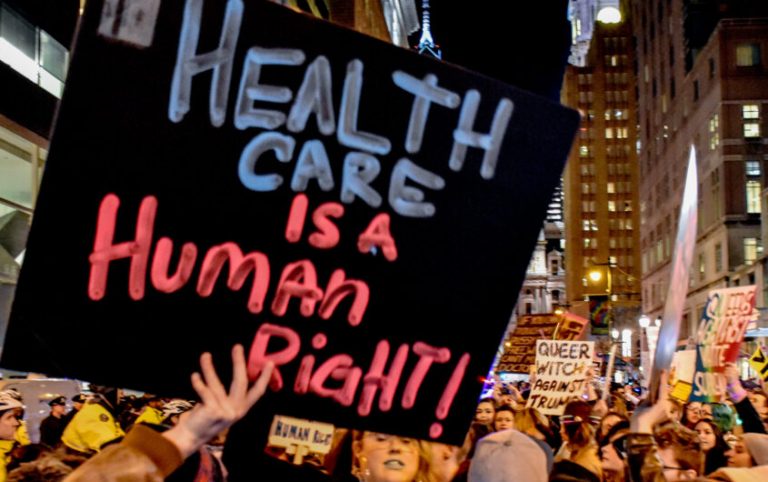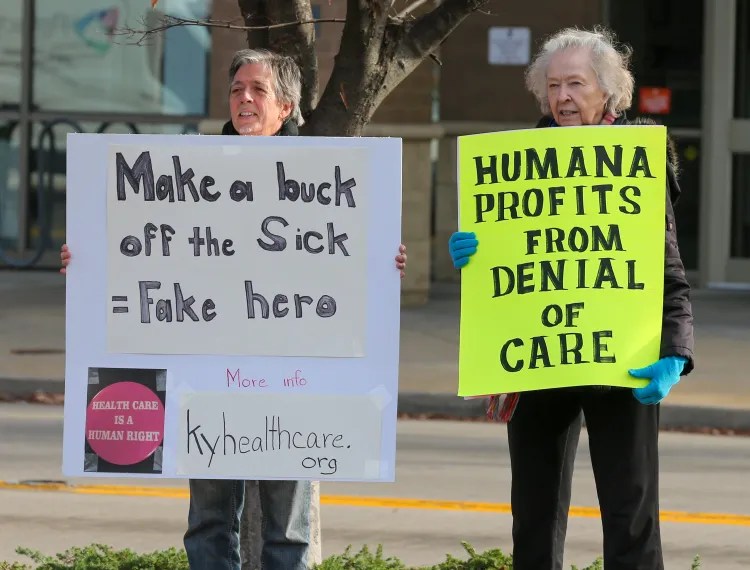The Legal Basis For And US Violations Of Our Right To Health Care
The United States was scheduled for its regular review of its human rights violations by the United Nations Human Rights Council on November 7, but it refused to cooperate. As part of the process, activists in the US submitted a shadow report last April called "The Rights to Life and Health: How financing affects the right to health care in the US." Clearing the FOG speaks with Martha "Marti" Schmidt, a human rights expert and activist, about the findings in the shadow report, the legal basis supporting the human right to health care, the problems with the current healthcare system in the United States and what type of system would honor our right to health care. Schmidt also discusses successful healthcare systems in other countries and the importance of showing solidarity with countries that are targeted by the United States.















